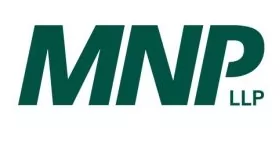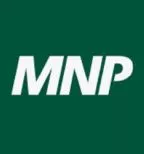The 'closely related' election, found in section 156 of
the Excise Tax Act, provides that certain related corporations and
partnerships can 'sell' certain goods and services to other
members of the group without having to collect GST/HST. If you
qualify to make this election, you may be interested in the changes
described below. To make the election, all members of the
'qualifying group' must be engaged exclusively in
commercial activities and their revenues must be taxable for
GST/HST purposes. The election simplifies compliance and
facilitates cash flow.
Before 2015, the election did not have to be filed with the Canada
Revenue Agency (CRA); rather, it had to be kept on file in case the
CRA wanted to see it. Beginning in 2015, however, the election must
be filed. Elections made prior to 2015 will not be valid if simply
kept on file. If you made the election before 2015, you need to
file the new election form before 2016. Whether for an existing
election or a new one, you can file a hard copy or file it
electronically through the CRA's 'My Business Account'.
The new form is RC4616 and replaces the former form GST25.
The due dates for new elections, i.e. those not made before 2015,
depend on GST/HST return due dates. These elections are required to
be filed by the earliest due date of the GST/HST return for any of
the parties to the election for the reporting period in which the
election is to become effective. For example, if a specified member
files monthly based on calendar months and the effective date of
the election is to be July 15, the election must be filed before
the end of August.
The new rules also include changes to certain conditions pertaining
to eligibility for making the election and the assumption of joint
risks and liabilities related to ineligible or incorrectly applied
elections. Determining whether the election can be made can be
complicated, depending on the relationships between the parties and
the types of entities involved. Be sure to consult with your
professional advisor if you are unsure about this as the
consequences of an ineligible election can be significant.
The content of this article is intended to provide a general guide to the subject matter. Specialist advice should be sought about your specific circumstances.
We operate a free-to-view policy, asking only that you register in order to read all of our content. Please login or register to view the rest of this article.


